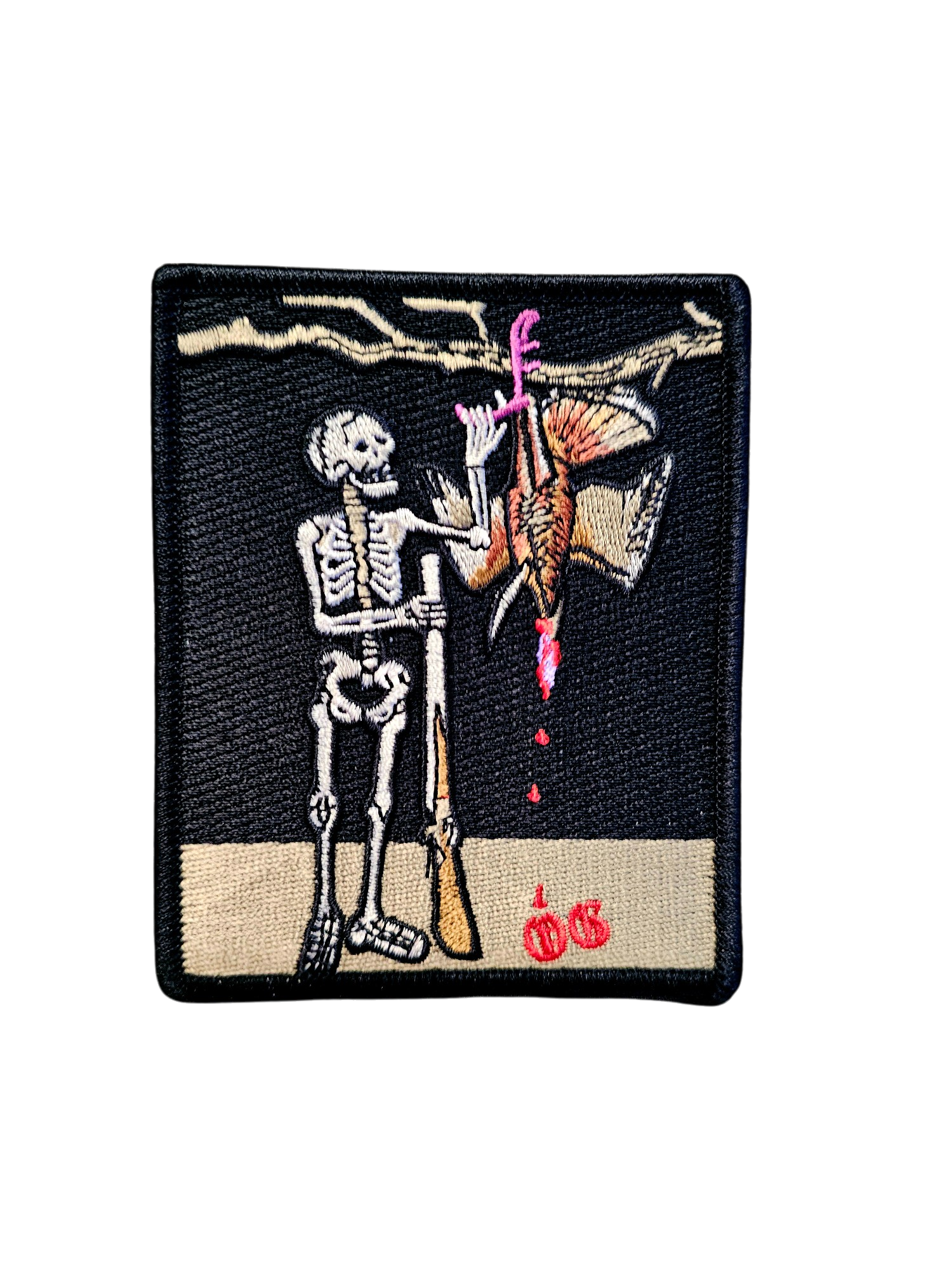        |
Does weather affect the turkey mating season?Started by silencer223, April 04, 2016, 03:40:01 PM Previous topic - Next topic
User actions
|
        |
Does weather affect the turkey mating season?Started by silencer223, April 04, 2016, 03:40:01 PM Previous topic - Next topic
User actions
|